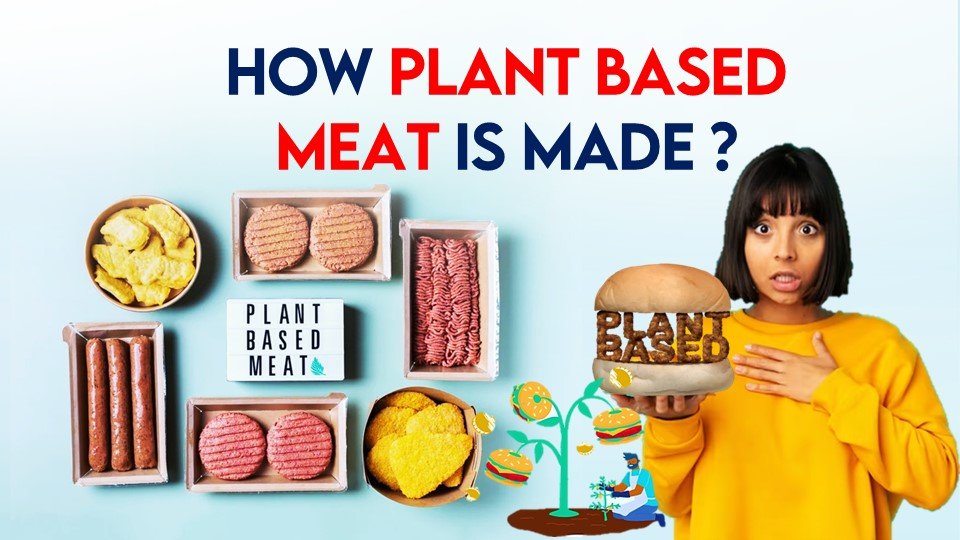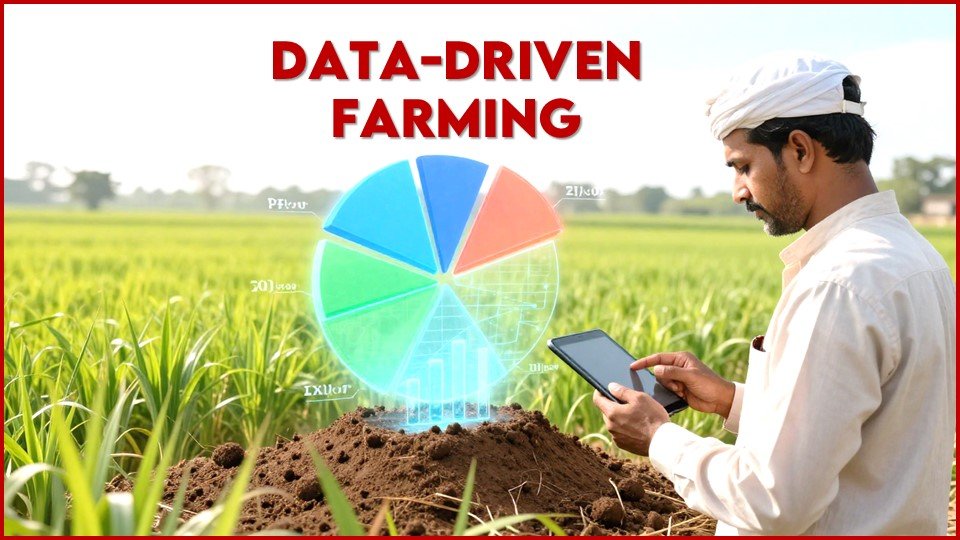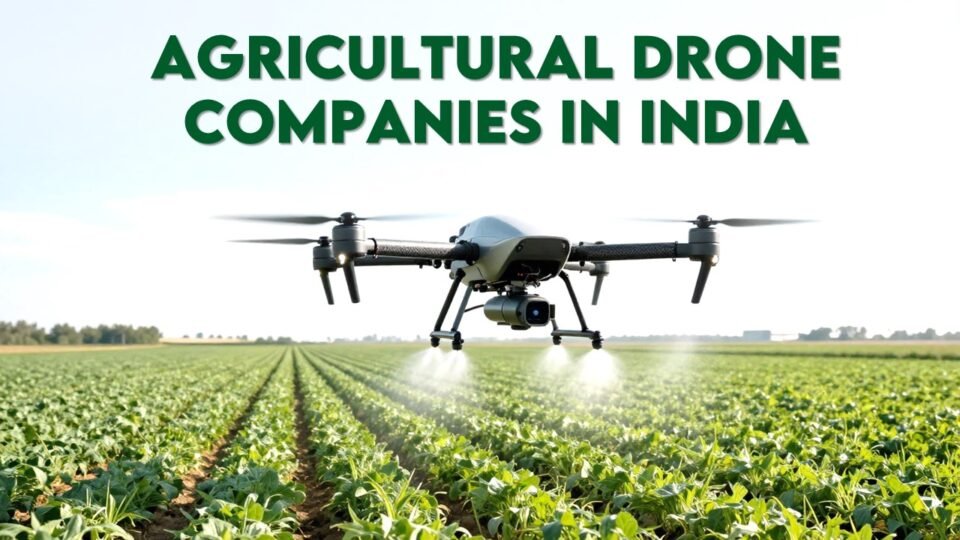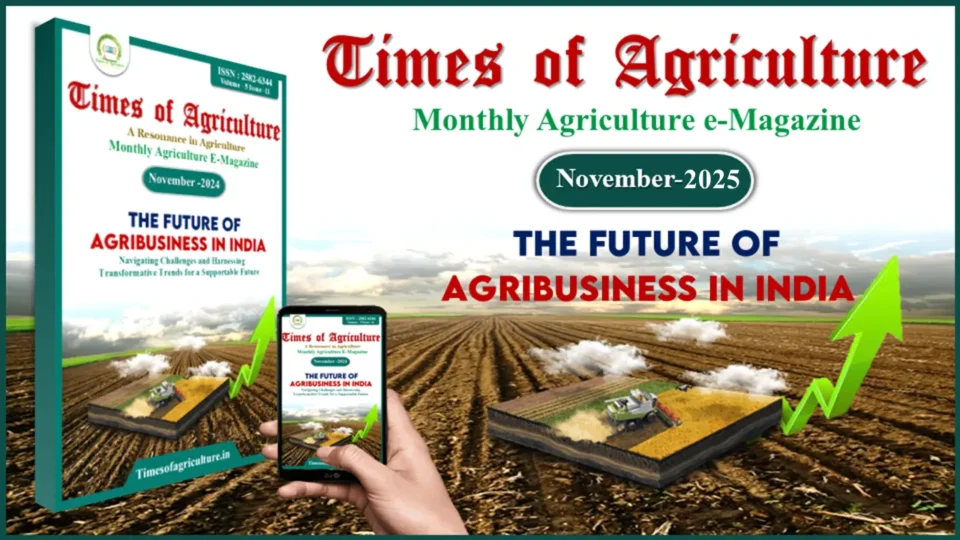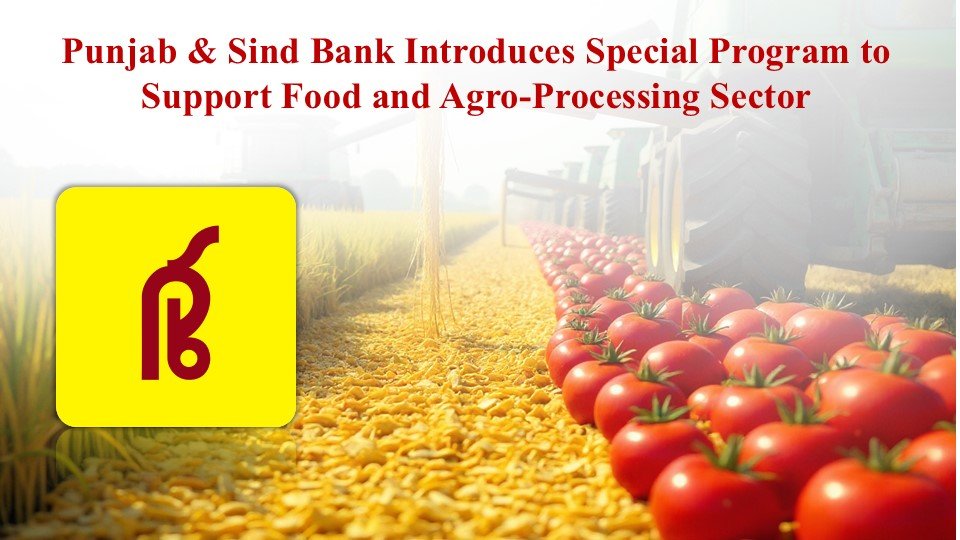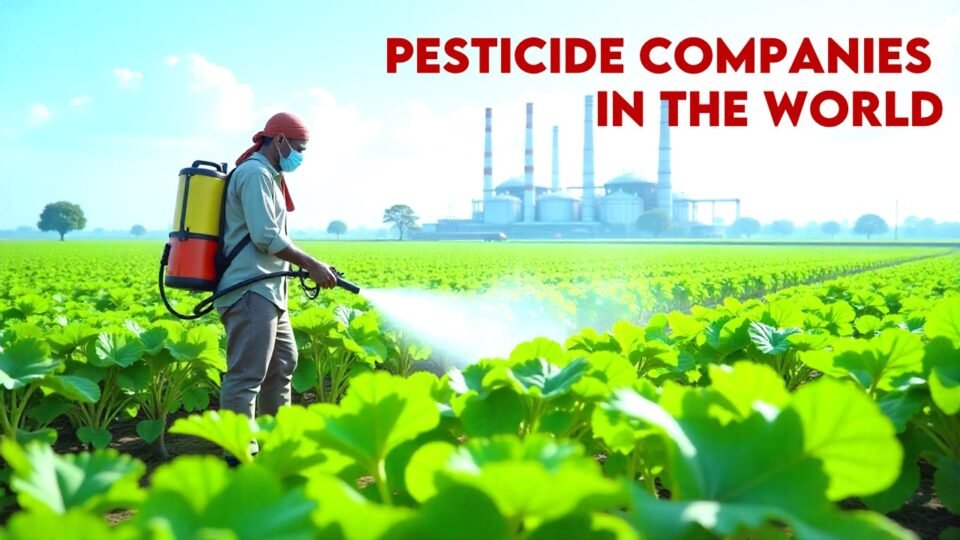Earlier consumers were divided into two categories concerning their Food choice – Veg and Non Veg. In the past, non-vegetarians got the liberty to feed on both animal-based and Plant Based Meat items, while vegetarians, missed out on the dishes of conventionally obtained meat, its flavor, aroma, and overall eating experience.
Now, however, this condition has altered for vegetarians who wish not only to acquire some nutritional benefits of meat but also to savor its taste on their palate without the harm of any animal, by means of Plant Based meat technology in the food sector. In this article, we have explained How is Plant Based Meat Made, plant based meat companies in India and the world, and how vegan meat benefits.
What is Plant Based meat?
Plant Based meat is a food product that is attained out of plant products (plant source), and not by massacring of live animals. This meat has nothing to do with animal cells and has plant cells instead because of its Plant Based attribute, therefore this food product can be eaten as a meat substitute. It is nearly identical to conventionally attained meat in terms of taste, appearance, aroma, and somewhat nutritional availability. Thus, eating Plant-Based meat gives the vibe of feeding on animal meat. This food is also called Fake Meat or Mock Meat.
Vegetarian products and ingredients that can be used to produce meat replacements include- soy, potato starch, beans and lentils, oil derived from coconut, nuts and seeds, seitan or wheat gluten, pea protein, or other vegan constituents. Few examples of fake meat products are- vegan meat pie, tofu, sausages, burgers, tuna, vegetarian bacon, white meat vegan nuggets, vegetarian patties, kebabs, and steaks.
How is Plant Based Meat Made?
Production of vegan meat products involves three general steps- Crop development, ingredients optimization, and finally product formulation and manufacturing.
- To manufacture vegetarian meat products, suitable crops (e.g. soybean, wheat) are cultivated as a source of raw materials and main ingredients.
- Then the harvested crops are processed (mechanically and chemically) to only keep the wanted parts (e.g. protein, fats, and fiber parts) while discarding the unrequired crop parts
- In the last step, the required parts are formulated into the desired mixture by adding meat-like flavors and aroma, and then through different manufacturing processes, fibrous structure is induced in the mixture to form vegetarian meat alternatives.
Two types of manufacturing schemes that can be utilized to form muscle-like fibrous texture are- top-down, and bottom-up schemes. The former causes the formation of fibrous structure using the extrusion technique on the ingredients, while the latter scheme targets forming individual fibers and assembling them together to form the larger meat alternative (cultured meat).
After getting the fibrous texture, various chemical processes like mallard reaction, lipid oxidation, thiamine breakdown, and other reactions, are used to facilitate the meat-like aroma, and various natural flavorings are used to get meat taste. Yeast extracts, fermented foods, and hydrolyzed vegetable proteins, when used with the main ingredients, can induce the above-mentioned reactions and create richer meat aroma and flavors.
Examples of fake meat products
- Vegan meat pie can be made using- soybean flour and gluten, mushrooms, peas, tofu, vegetarian gravy, vegan beef etc.
- Mock meat sausages– pea protein, soy protein, coconut oil, lentils, chickpeas etc.
- Plant-based meat burger patty- soybeans, peas, fungi like mycoprotein and mushrooms, nuts, grains, seeds etc.
- Vegetarian tuna– mashed chickpeas or chickpea flour, soy protein concentrate, lentil protein, sea salt, sunflower oil, seaweed powder, yeast extract etc.
- Vegetarian bacon– tempeh or tofu, soy sauce, modified corn starch, wheat gluten, egg whites, etc.
- White meat vegan nuggets– chickpeas, lentils, soy protein, hemp seeds, brown rice, carrots, cauliflower, and spices like garlic, onion powder, pepper and salt etc.
- Fake meat kebabs- Soy protein, pea protein, wheat, spices like ginger, garlic, mint
- Plant Based steaks- wheat gluten, faba beans, pea protein or soy protein, etc.
Benefits of Plant Based meat products
To begin with, various researches show that feeding on vegetarian meat products (less processed and modified) is a healthier option than consuming real meat. This is because they have desirable and better nutritional components like lesser saturated, trans fat, cholesterol, overall calories, and more antioxidants, and fibrous content. This quality makes it better for consumption and overall health.
Plant Based meat, according to studies, may help in the prevention of various health-related problems like high blood pressure, obesity, hypertension, heart attack, diabetes, and other related issues especially if it is manufactured through less processing. Consuming real meat on a regular or frequent basis increases the risk of various health problems, and thus fake meat can reduce this risk without the compromise of a tasty meal.
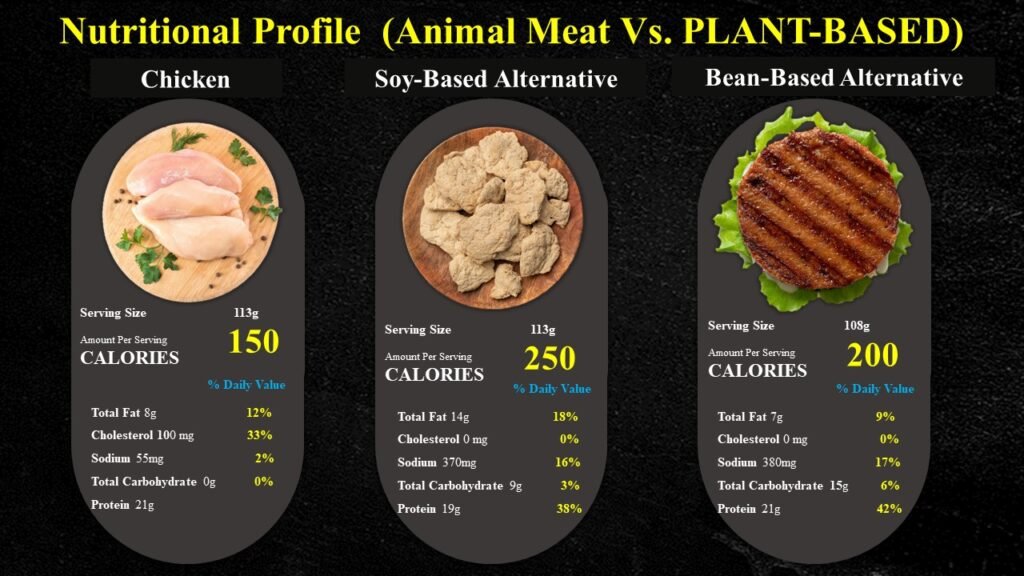
- Control on animal harm/kill: these food products reduce the butchering of animals on a higher scale for meeting the meat market demand as well as overall greenhouse gas emissions (30-90% less than in the case of real meat).
- Providing more nutritional value: have desirable and better nutritional components like lesser saturated, trans fat, cholesterol, overall calories, and more antioxidants, and fibrous content.
- Prevention from sickness and diseases: Less-treated plant-based meat products can help in prevention of high blood pressure, obesity, hypertension, heart attack, diabetes, and other related issues.
- Experience of meat taste: with new meat-like in the market made out of pure vegetarian ingredients, pure vegetarian also get the chance to experience mock meat-inclusive diet.
Drawbacks of Plant Based meat products
One of the major demerits of fake meat can be the excessive processing of raw materials to form meat-like food products. This highly processed attribute of fake meat with added dextrose, sugar, refined oils, or other such components can prove to be detrimental to consumer’s health. Vegan meat manufacturers still have to find a way to make sure that their products are not highly treated.
Secondly, it might be difficult for lower or middle-class consumers to purchase this food category. Because of the high cost of production and processing, Vegan meat can be quite costly compared to the conventionally obtained meat in the market. This can be a problem for manufacturers in building fake meat’s market and increasing its popularity. Due to the high price, consumers might not be able to include mock meat that frequently in their diet.
Furthermore, higher quantities of sodium than in real meat can be found in vegan meat products. This can pose a risk to the consumer’s health.
Lack of nutrients can be another demerit of feeding on mock meat. Some research shows that vegan meat, even after enough processing to make it similar to real animal-based meat, lacks some essential nutrients that are present in real meat.
Additionally, harmful chemicals can be found in Plant Based meat products which can be added in small quantities to make them similar to real meat products in terms of taste, sense, appearance, and other factors. For instance, Titanium Dioxide which is an additive to keep meat colour white, can be used to form fake white chicken.
Also Read
Factors affecting vegetarian meat purchase decisions positively
- High-dietary value: Fitness-aware people are usually ready to spend some extra money on healthy food items. They might show more enthusiasm in less processed vegetarian meat and including it in their normal diet.
- Availability: The more mock meat items are available in the regular markets and shops, the higher the chance of more purchase of such items. Out of sheer curiosity or temptation upon witnessing these food items in the market frequently, consumers might decide to take home one of such food products with them. However, the absence of this element, due to a restrained supply chain, limited production, or any other factor, can also lead to a decline in mock meat purchases.
- Word of mouth: One of the positively influencing factors behind the quick gain of popularity of any new fashion can be through social communication and advice on eating habits. An encouraging talk with a mock meat consumer can bring about trying out such food products.
- Sustainability: Consumers who are environment-friendly might discover this concept of vegan meat quite pleasing. They might quickly adopt such alternative options to protect animals and the environment as a whole.
- Education: Advancements in the education system and an increase in literacy rate can result in individuals accepting a healthier lifestyle, including healthier food options. For this section of society, the Fake meat trend can be a positive development in the food industry and they might welcome this change into their lives.
Factors affecting vegetarian meat purchase decisions negatively
- Taste: Those consumers who are fond of the exotic real meat taste would not like to compromise on the taste parameter and choose vegan alternatives (vegan meat products) over natural meat. Most people opt for protein sources with good taste and they might find real meat taste better than the brand new type of meat made using vegetarian sources. This, therefore, can be a negative factor.
- Familiarity: Familiarity can be another adverse factor that can make it difficult for regular consumers to switch their choice to mock meat. People are familiar with meat and meat dishes obtained conventionally by the slaughtering of animals. This familiarity brings the trust of people in the food products. Most individuals might avoid food items strange to them as they might discover them less trustworthy.
- High cost: The distinctive development of vegetarian meat comes with the high cost of manufacturing, processing, and supply chain maintenance. This ultimately leads to the high price of the food product. This might be an unfavorable component affecting the purchase choice of maximum consumers.
- Unnatural: Most consumers can be very strict with their already adopted diet plan, especially elderly people. They might fear any type of alteration in their food selection and find vegetarian meat foods notably processed and unnatural (not naturally obtained). This rigidity can be an adverse issue for mock meat products.
- Neophobia: New food products like fake meat might face doubts and worry from most consumers. It becomes hard to attain the trust of the masses that easily and quickly. This can make it difficult for meat substitutes to settle and flourish their marketplace.
Harmful ingredients present in Plant Based meat products
- Large amounts of mineral (than in real meat) – Sodium
- Addition of colouring additive- Titanium Dioxide (E171)
- Presence of food preservative-Tertiary butyl-hydroquinone (E319)
- Including food colouring-Erythosine (Red#3)
- Making use of solvent- Hexane
- Higher quantities of other ingredients- added dextrose, refined oils and other elements.
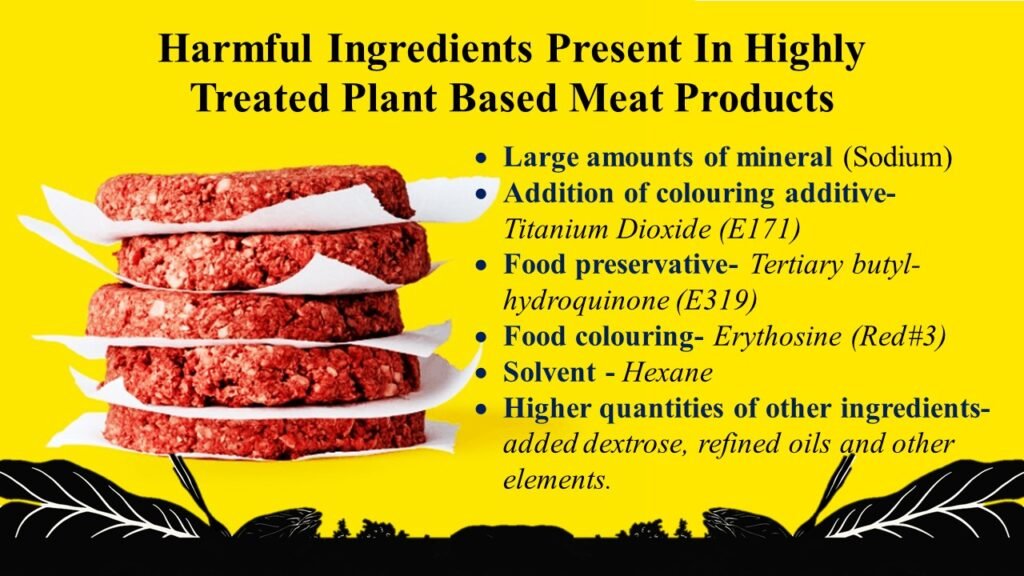
Are Plant Based meat healthy?
The healthful nature of this new form of meat products is still up for debate. Much research on these newly developed food products has been conducted to find some characteristics that can make them appear different from everyday real meat products.
One common benefit that was highlighted in some of the studies is the dietary advantage of less processed fake meat. This meat is the healthier alternative to real meat, in most cases, as it doesn’t have components of naturally obtained meat like high saturated fatty acids, and toxic metabolites that can cast bad health impacts on the consumers.
From the very beginning, a diet based on vegetarian sources including green leafy vegetables and fruits is assumed to be healthier altogether. However, some studies have also discovered that Plant Based protein foods like tofu, and legumes can be a better, healthier option than even the industry-produced fake meat options.
Also Read
Mock meat’s superiority over natural meat related to nutritional features also depends on the nature, steps, and amount of processing and modification during the manufacturing. More manipulation and processing can lead to the loss of several critical nutrients, vitamins, and minerals of vegetarian raw materials, and the addition of several substances in quantities more than deemed healthy for everyday consumption.
Generally, in contrast to conventionally acquired meat, the less processed meat substitutes made from vegetarian raw materials can have lesser saturated fat on average which facilitates the prevention of blood pressure changes, deposition of bad cholesterol inside the blood vessels, heart strokes and diseases, obesity, indigestion, and other related issues. They also have fiber which helps to prevent constipation, maintain gut health and blood sugar levels, and overall is a healthy food component.
Top Plant Based meat companies in the world
| Impossible Foods Inc. (California, USA) |
| Beyond Meat Inc. (California, USA) |
| GardeinTM (British Columbia, Canada) |
| Quorn Foods (North Yorkshire, UK) |
| Maple Leaf Foods Inc. (Ontario, Canada) |
| Amy’s Kitchen Inc. (California, USA) |
Top Plant Based meat companies in India
| Mister Veg Foods Pvt. Ltd. (Haryana, India) |
| Vezlay Foods Pvt. Ltd. (Delhi, India) |
| GoodDot Enterprises Pvt. Ltd. (Rajasthan, India) |
| Evo Foods, (Maharashtra, India) |
| Imagine Foods Pvt. Ltd. (Maharashtra, India) |
| Wakao Foods (Goa, India) |
| Greenest Foods (New Delhi, India) |
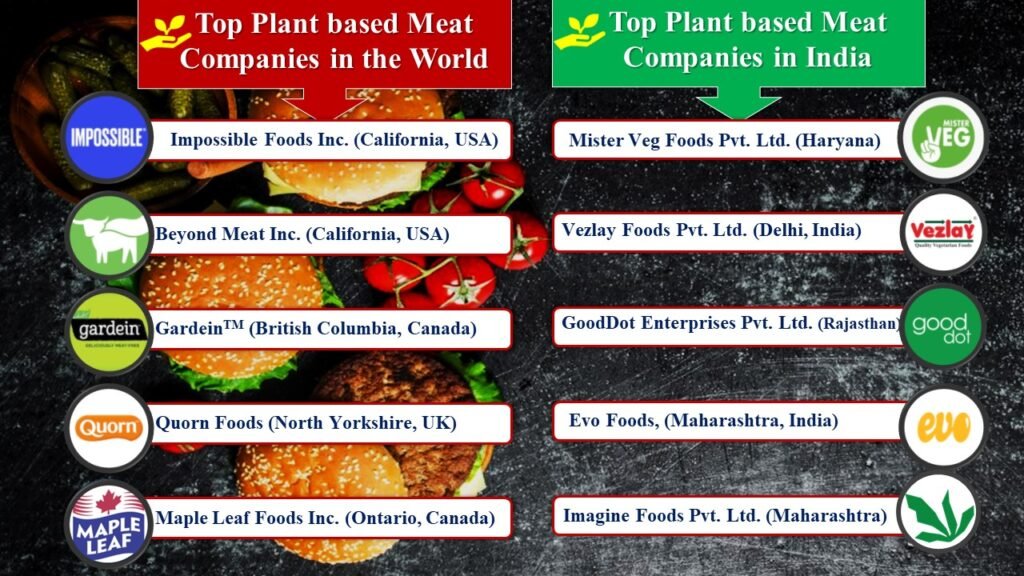
Conclusion
This innovative trend of fake meat comes with both its own merits and demerits which can either attract a huge proportion of the masses or discourage them from opting for such meat products. Consumers’ decision to accept mock meat products might depend on various factors like their economy, lifestyle, eating habits, mindset, and other parameters. Also, the nutrition aspect of vegan meat products and processed real meat products can vary depending upon the degree of modification, the inclusion of ingredients, their quantities, and other related features. The health of the consumers, moreover, can also be influenced by the frequency of their real meat or mock meat intake. This trend can be tempting, however, the final call remains in the hands of consumers, whether they embrace this technology or not.
Latest Post
- Data-Driven Farming: How Visual Insights Are Shaping the Future of Indian Agriculture
- January Issue 2026- Times of Agriculture Magazine
- Top 10 Agricultural Drone Companies in India
- December Issue 2025- Times of Agriculture Magazine
- November Issue 2025- Times of Agriculture Magazine
- Punjab & Sind Bank Introduces Special Program to Support Food and Agro-Processing Sector
- Beyond Classrooms and Gardens: How a Professor Turned His Passion into Purpose
- October Issue 2025- Times of Agriculture Magazine
- Top 10 Pesticide Companies in the World


